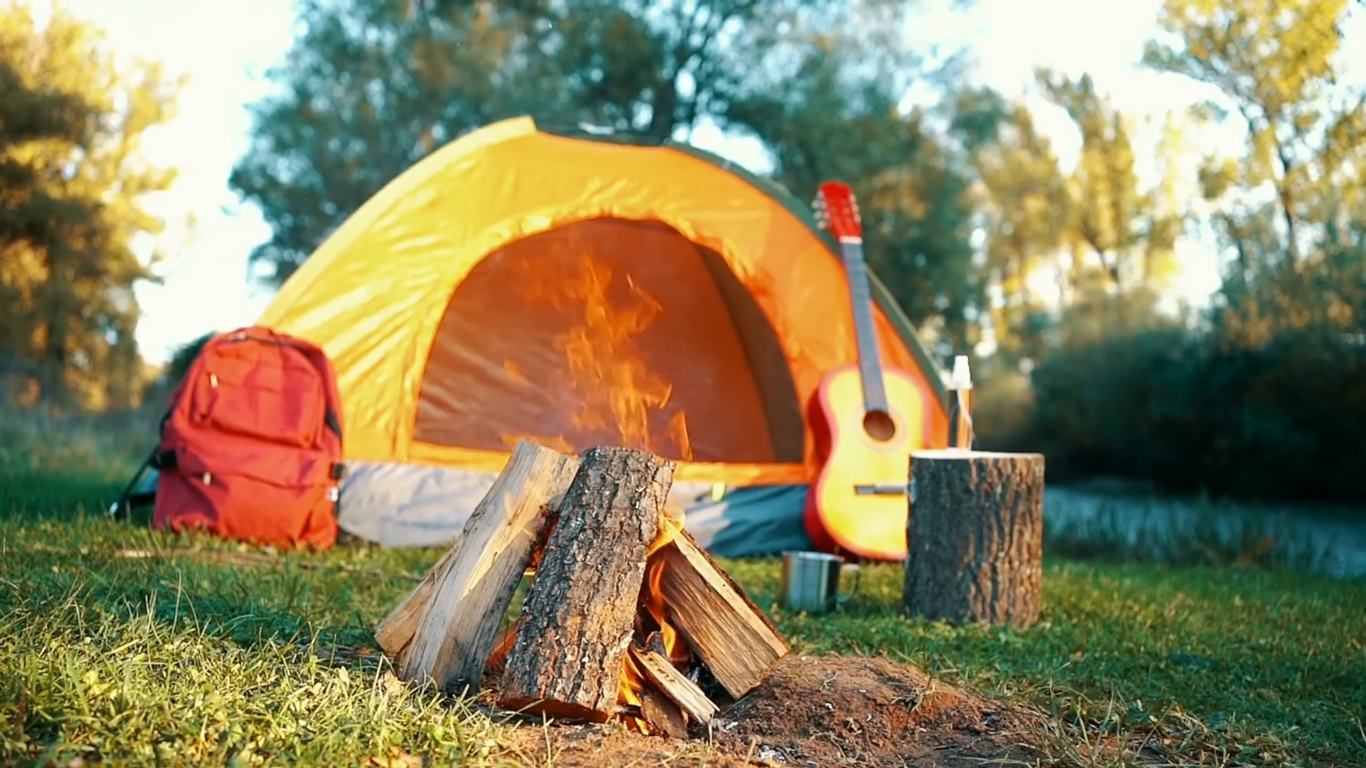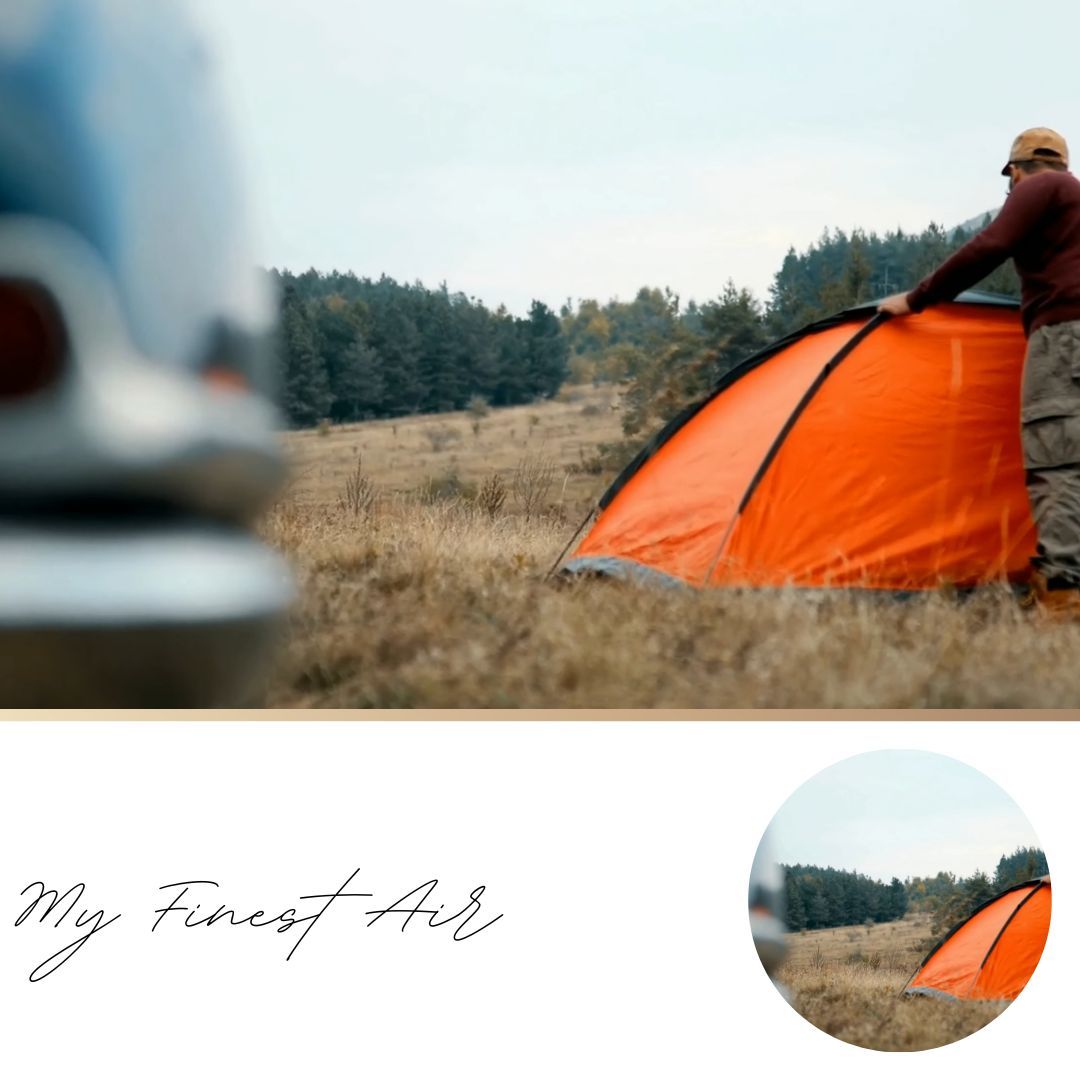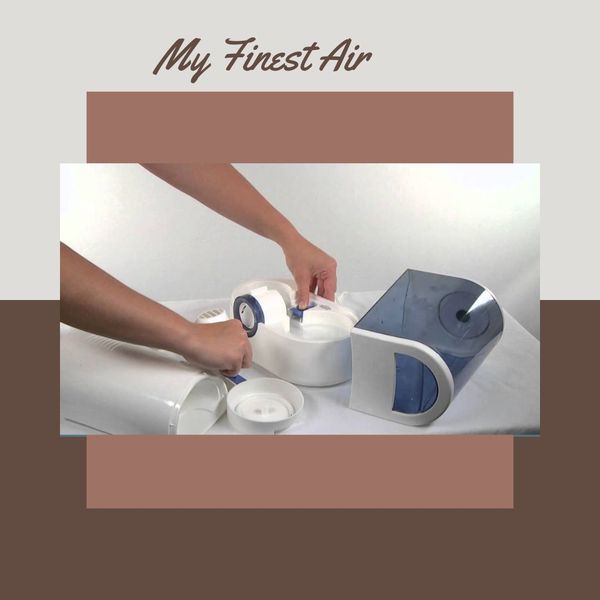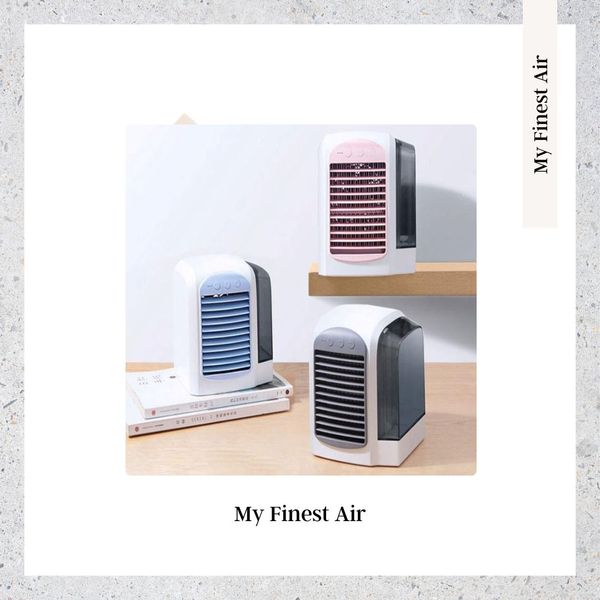It is impossible for those passionate about exploring nature to cancel their trips because of the weather conditions. When discussing camping in cold weather, it is important to insulate your tent to keep yourself warm and comfortable at night. So, the question is how you can insulate your tent in different weather conditions.
In this article, we will teach you how you can insulate your tent for the winter and summer seasons as we have researched to give you the answers to all the questions that may pop up in your mind, whether it’s about the right way or which material is the best for this purpose.
See Our Blog: AC Makes Loud Noise When Starting - Troubleshooting Ideas
How to Insulate a Tent in Summer?
Generally, summertime is the prime time to renew camping or hiking tips before initiating your journey, but if you are someone who cares about the weather and temperature, then you are always confused about the external conditions. Here we will talk about how to insulate a tent in summer.
So, the best way to do it is by using a sleeping bag liner because these liners are made of thermal fabrics designed to make you comfortable in harsh circumstances.

When insulating your tent with sleeping bag liners, you need to fit the liner properly inside your tent and zip it up. The liner is beneficial for both summer and winter but will help keep your tent cooler at a high temperature. This material is waterproof, so you can use it in any meteorology.
You don’t need to be worried about the weight of these liners as they are lightweight, and you can easily pack them away if you don’t need them. If you plan camping this summer, You need to invest in a sleeping bag as it is a great way to stay comfortable.
Tips for Insulating Your Tent in Winters
When we talk about exploring nature in winter, it all depends upon what type of camping you plan to do this season and the little things that can help you stay warmer in high-temperature areas. So here are a few points for you to follow:
Choose the Smallest Tent
Always choose the smallest tent for camping because the smaller the area, the warmer it is, the less space you need to heat, and the more heat will stay near you. If you have a long-term camping plan, the big airy tent can get too cold in the winter.

You should need to think about investing in small tents as these can adequately retain heat. But if you prefer more space, you can choose the tents specifically designed for cold environments that allow a small stove to keep you warm.
You Can Also Visit Our Guide: How Many Hours Should Ac Run Per Day? - Let’s Find Out
Ground Insulation Is Quite Helpful
Suppose you want To keep yourself warm during exploring. In that case, it is necessary to insulate the ground beneath the tent because by doing this, you will experience more relaxed and comfortable sleep by stopping the cold winter from seeping into your bones.
You can use a ground mat, rug, blanket, or even large-size towels (if you have nothing to use) for this purpose.
Various categories of sleeping mats are specially designed for this purpose and are quite good for playing the role of buffer between you and the cold ground.
Visit the Guide: How To Clean Vick’s Cool Mist Humidifier?
Try to Cover Up the Tent
If you are using a rain fly, then covering up the tent is most important because it can help prevent the rain from getting inside the tent.
The rain fly is made of material designed to keep rain and snow away from the tent and your sleeping area. In the case of using rain fly, it is quite necessary to cover the top of the tent with similar material.
Near Windbreaks
To prevent icy winds, you should pick a spot for camping near the natural shelterbelt, like a big rock formation or shrubs.
On the other hand, you can pull down one side of the trap and stake it into the ground; in this, it acts like a windbreak. You can lock the excess heat and keep the ice winds away.
By Using Heat Packs
Heat packs are quite an efficient substance to retain maximum heat in your tent and your sleeping bag to keep you feeling comfortable all night. The advantage of heat packs is that they even get warmer when you put them in your pocket or a sleeping bag.
If they start to lose their heat, All you need to do is expose them to fresh air and shake them well. The heat will return.
A Warm Sleeping Bag
During the winter camping trip, A warm sleeping bag is a thing that can help you to enjoy the whole journey without getting much disturbance due to the icy cold breeze.

It will add insulation to lock the heat in your tent, making you feel more comfortable. Using a mummy sleeping bag, you can keep warm even if the temperature goes below 0 degrees Fahrenheit.
By Wearing Thermals
You should wear layers during the winter camping trip to prevent difficulties because thermal underwear can play a huge part in this matter and is probably the best investment you will ever make.
You can opt for these thermals as they are available at affordable prices and come in various sizes. If you don’t like over-sticky fabrics, order a little bigger.
Final Words
To summarize the whole discussion, we can conclude that the tents are made up of thin material, are non-insulating, and do not retain heat well.
To keep your tent warm, you must create a barrier between the inside and outside of the shelter.
You can do this by using a ground mat or rug around the tent, but you can also use the blankets or mummy sleeping bag to insulate the inside. But you can not insulate your shelter directly.
Related:
Basement Ceiling Insulation: All You Need To Know
How Often Should I Use A Humidifier For My Plants? - Tips









